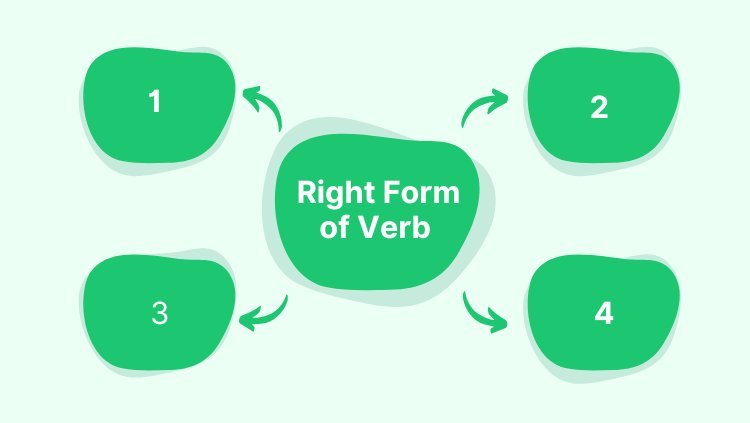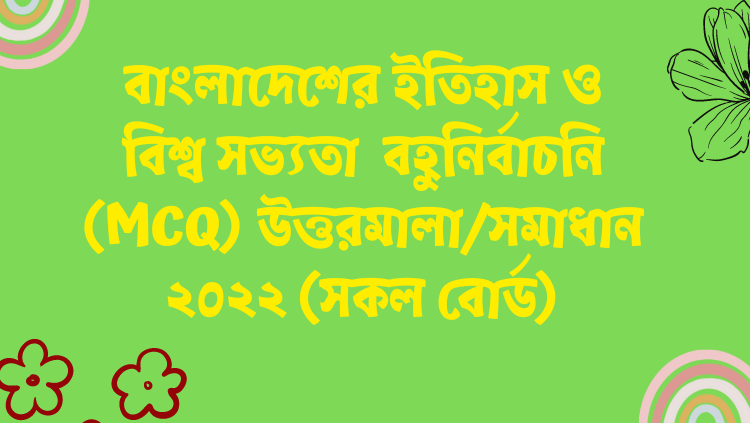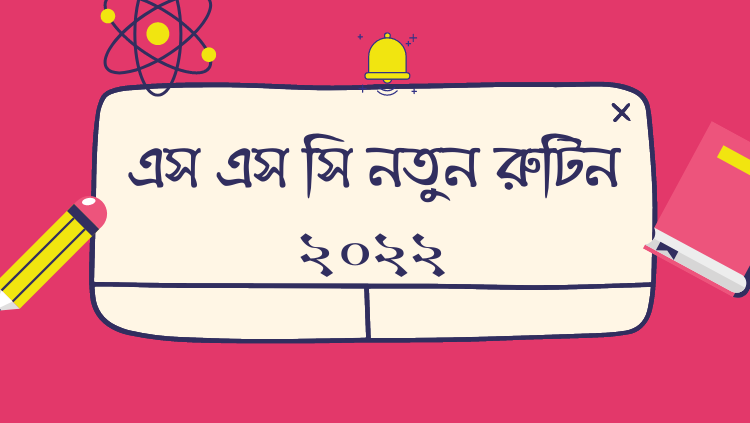Importance Rules of Right Form of Verb
Here we have published Importance Rules of Right Form of Verb. So that student can learn all the rules from one place

Importance Rules of Right Form of Verb:
RULE 1: Singular Subject = Singular Verb, Plural Subject = Plural verb
Example: Shahin is a meritorious student.
Vehicles create traffic jam.
RULE 2: Preposition : ( in, at, on, of, for, from, by, with, without, before, after, into, across, about ) + noun or Verb + ing.
Example: Television is an important source of entertainment or entertaining.
Children are fond of using mobile Phone.
RULE 3: To + Verb1 but (Addicted to, Adverse to, Be used to, With a view to, Look forward to, Get used to, Be accustomed to) + Verb + ing.
Example: Shimu went to London to get a good job.
Shamim tried to join the Navy .
We are looking forward to hearing from you.
I went to the Stage with a view to dancing.
People of Bangladesh are used to eating by their hands.
RULE 04: I = am ,
(He, She, It) = is ,
(We, They, you ) = are
3rd person Singular Sub. = Has;
3rd person Plural Sub. = Have
Example: I am Sohan.
He is driving a car.
We aregoing home.
They have won the game.
He haseaten rice.
RULE 5: The + noun or verb + ing + of.
The necessity of learning English is indescribable.
The using of Mobile is available .
A constitution is essential for a nation.
He has an Umbrella.
RULE 6: (Can, could, may , might, Shall, should, will, would, must, used to, have to, need, dare, ought to ) + V1
Example: He can do the Sum.
It may rain today.
Tamim must study tonight.
RULE 7 : While + Verb + ing
Example: While walking in the garden, I saw a snake.
While sleeping I dreamt a good dream.
RULE 8: (have, has, had, get, got, getting, having ) + V3 or Adjective.
Example: She got married yesterday.
I had my car cleaned.
Having taken the money, the thief ran away.
Our Culture is getting westernized.
RULE 9: Passive Voice : (Can be, could be, may be , might be, Shall be, should be, will be, would be, must be, used to be, have to be, ought to be ) + V3
Example: The work ought to be done.
He will be helped by me.
RULE 10: I = am ,
(He, She, It) = is ,
(We, They, you ) = are
3rd person Singular Sub. = Has;
3rd person Plural Sub. = Have
Example: I amSohan.
He is driving a car.
We aregoing home.
They have won the game.
He haseaten rice.
RULE 11: There + is/was/has + Singular Subject.
There + are/were/have + plural Sub.
Example: There is a Mosque in our village.
There are two ponds in our Village.
RULE 12: ( Each, every , one, any) + one or more singular Sub. + Singular Verb.
Example: Each boy and each girl was present there.
Every boy and girl has been given 100 tk.
RULE 13: (Somebody, Someone) + Singular verb, (some boys, Some toys) + plural verb.
Example: Someone has stolen the pen.
Some boys have failed in the examination.
RULE 14: (any, none, each, every, either, neither, one) + of + plural Sub. + singular Verb.
Example: One of the boys ispresent there.
None of them was present there. Either of them has stolen it.
RULE 15: ( Population, public, crowd, army, congress, committee, team, government, family, pair, dozen, scenery, knowledge, hundred, thousand, furniture, machinery, information, bread, money, advice, poetry, gallows, ethics, mathematics, physics, news, electronics, dynamics, 2/3….dollars, 2/3….miles, ) + singular verb.
Example: Ill news runsa pace .
Physics isa critical subject.
RULE 16 : (people, spectacles, trousers, scissors, brances, cloths, goods, headquarters, vegetables, laws, police, cattle, folk, circumstances, gentry.) + plural verb.
Example: His circumstances are not good.
People don’t eat the same food.
Vegetables contain vitamin.
RULE 17: (who, whose, whom, which, that) follow only their before subject to choose a verb.
Example: It is I who am your friend.
It is you who are my friend.
RULE 18: Prefer to + verb + ing
Example: Lata prefers to reading newspaper.
Joynal prefers to eating betel.
RULE 19: ( Feel, love, hear, like, hate, see, forget, consist, seem, sound, smell, believe, know, wish, doubt, prefer, imagine, fear, taste, astonish, please, understand) they are used in present Indefinite tense not in continuous tense.
Example: I seethe bird.
I hearnews.
I forgeteverything.
RULE 20: Distance/money/time + singular verb
Example: Thirty miles isa long way.
100 years isa long time.
Money begets money.
RULE 21 : Arithmetical Operations ( singular verb)
Example: Five plus five is ten.
Ten minus five is five.
Ten divided by two is five.
RULE 22: (Always, regularly, generally, usually, occasionally, normally, naturally, frequently, everyday, daily, often) = Present Indefinite Tense.
Example: Organizations frequently need employees who speak a standard form of English.
English usually helps to get good job.
He always prays his prayer.
RULE 23: (now, at this/the moment, at present, day by day, increasingly, rapidly.) = Present continuous Tense.
Example: Mobile Phone users are increasing day by day.
He is eating now.
RULE 24: ( yesterday, one day, ago, once, last, after a few days, last night, once upon a time, in the past, previously.) = Past Indefinite Tense.
Example: I received your letter yesterday.
One day I borrowed a book from you.
RULE 25: (Just, just now, already, yet, ever, lately, recently, immediately.) = present Perfect Tense.
Example: He has transferred from Dhaka recently.
We have shifted to safe place immediately.
RULE 26: (mind/worth/without/get used to/got used to/ be used to/past, can’t help, couldn’t help, would you mind) + verb + ing
Example: Would you mind having a cup of tea?
He can’t help smoking.
RULE 27: Active voice – ( am, is , are, was, were, have been, has been, had been, shall be, will be, shall have been, will have been) + verb + ing
Example: Rana is doing the sum.
It has been raining since morning.
RULE 28: (ask, decide, demand, forget, happen, hope, learn, manage, neglect, offer, plain, prepare, promise, remember, seem, try , want) + to
Example: Shihab neglects to his friend.
It seems to me false.
We have decided to start a business.
RULE 29: ( had better, had rather, would better, would rather, let, must, need, dare, make, would sooner, had sooner) + verb1
Example: He had better read newspaper regularly.
I will not let you enter the class room.
RULE 30: ( It is time, It is high time, wish, fancy) = Past Indefinite
Example: I fancy I turned a pale.
It is high time we developed our country.
RULE 31: Lest…. Should…
Example: Walk fast lest you should miss the train.
Read attentively lest you should fail in the exam.
RULE 32 : (if, wish, as if , as though) unreal past = were
Example: If I werea doctor, I could treat the poor.
I wish I were a king.
RULE 33: If Past Indefinite tense, Sub + would/could/might + verb1
Example: If I werea doctor, I could treat the poor.
If you came , I would go.
RULE 34: If + Present Indefinite, future Indefinite tense. or Sub. + may/can/shall/will + v1
Example: If he runsin the rain, he will catch cold.
If it rains, I will not go out.
RULE 35: If + present perfect tense, Sub.+ migh have/could have/ would have + verb 3
Example: If they had started earlier, they would have reachedthere in time.
If I had seen him, I might have told him the news.
RULE 36: Present Indefinite or Present perfect tense + since + Past Indefinite tense.
Example: It ismany years since I came to Dhaka.
Many years have passed since I had mether.
RULE 37: Past Indefinite tense + since + Past perfect tense.
Example: Many years passed since I had seen her last.
RULE 38: Past Perfect + before + past Indefinite.
past Indefinite + after + past perfect.
Example: The patient had died before the doctor came.
The patient died after the doctor had come.
RULE 39: Beginning of the sentence- verb + ing or to + v1 (gerund, infinitive)
Example: Rising early is a good habit.
Sleeping is necessary to life.
To take drugs leads a man to death.
RULE 40: Verb + (how/what/when/which/why) + to
Example: He knows what to do.
She taught me how to make a cup of tea.
RULE 41: Things = interesting , person = interested
Example: History is very interesting subject.
I am very much interested to meet him.
RULE 42: Uncountable noun ( water, air, tea, sugar, environment, furniture, kindness, rainfall, reputation, wood, paper, gum, courtesy, earth, bread, oxygen, smoke, Bangla, English.) + singular verb.
Example: Air isvery important element of the environment.
Water plays a vital role in agriculture.
RULE 45: No sooner had….than,
Scarcely had…..when,
hardly had…before/when.
Example: No sooner had he seen the police than he ran away.
RULE 46: If Simple Sentence contains two main verbs , It may be 2nd verb with ing or to + 2nd verb with present form.
Example: I saw him going.
I am going to open a bank account.












